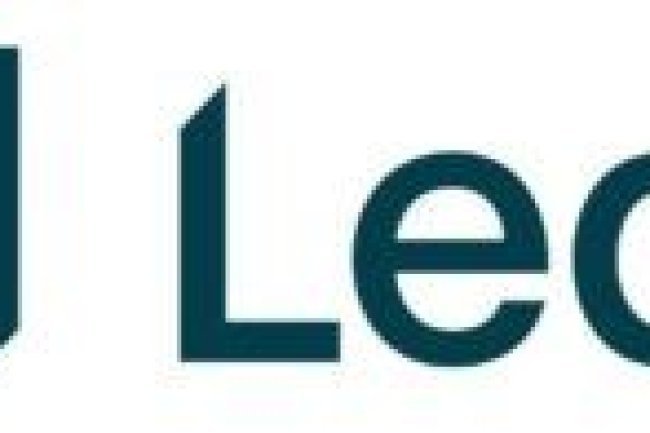South Korean Lawmakers Claim Only ‘Crypto Dust’ Remains in Their Wallets Amid Ongoing Scandals

South Korean Lawmakers Claim Only ‘Crypto Dust’ Remains in Their Wallets Amid Ongoing Scandals
South Korean lawmakers have reported that their cryptocurrency wallets hold little more than "crypto dust" as they distance themselves from digital assets amid increasing political scrutiny. According to Sisa Journal, numerous high-profile lawmakers who once held significant cryptocurrency investments have since liquidated their portfolios, likely in response to recent scandals involving crypto-related insider trading allegations.
Lawmakers Left with Crypto Dust
The so-called "Coin Gate" scandal, which involved former lawmaker Kim Nam-guk, has sparked widespread controversy. Kim, who was a member of a parliamentary committee focused on cryptocurrency, was accused of using insider knowledge to profit from crypto trades. The ensuing public outrage and allegations of further insider trading among lawmakers led to stricter disclosure requirements. South Korean legislators and their families are now mandated to declare their crypto holdings to avoid suspicion.
Many lawmakers, seeking to avoid the public eye, have sold off their digital assets, leaving behind wallets filled with "crypto dust"—small, often negligible amounts of cryptocurrency that remain after a bulk sale. These amounts, typically too small to trade, accumulate after significant transactions and often consist of airdropped tokens or leftover fractions of sold assets.
What is Crypto Dust?
"Crypto dust" refers to minuscule amounts of cryptocurrency, often valued too low to meet the minimum trade thresholds on exchanges. These tiny sums are typically left behind after large-scale sales of digital assets and remain untradeable due to exchange limitations.
Before the April 10 elections, only 36 out of 300 South Korean National Assembly members declared any cryptocurrency holdings of value. Even then, the total worth of declared crypto assets accounted for just 0.01% of the lawmakers' total declared assets—a figure described as "insignificant" by media sources.
Lawmakers Rapidly Selling Off Crypto Assets
In an effort to distance themselves from the ongoing scandal, several lawmakers reportedly moved quickly to liquidate their cryptocurrency portfolios. One example is Democratic Party representative Kim Jun-hyeok, who disclosed that he owned Bitcoin (BTC) worth 114.2 million won (approximately $85,700). However, Kim claims he sold off all his Bitcoin holdings after making the declaration.
Similarly, Park Chung-kwon of the People’s Power Party disclosed ownership of Solana (SOL) worth 58.8 million won ($44,128) before the election, but he also confirmed that he sold off his entire position earlier this year.
Scandals Driving Lawmakers Away from Crypto?
The scandal has led to a significant shift in lawmakers' attitudes toward cryptocurrency. Records suggest that several legislators, who were once highly active in both Bitcoin and altcoin markets, have since divested their holdings. One lawmaker even declared ownership of wallets containing 45 different altcoins, though the combined value of these assets amounted to just $580.
Kim Nam-guk, the central figure in the Coin Gate scandal, is now facing trial for allegedly using cryptocurrency to hide assets. Prosecutors accuse Kim of attempting to conceal approximately $7.5 million in wealth through cryptocurrency transactions.
As investigations continue, the fallout from the scandal has resulted in heightened caution among South Korean lawmakers regarding cryptocurrency investments, with many opting to abandon their holdings to avoid further scrutiny.
Click Here to Visit
What's Your Reaction?
















